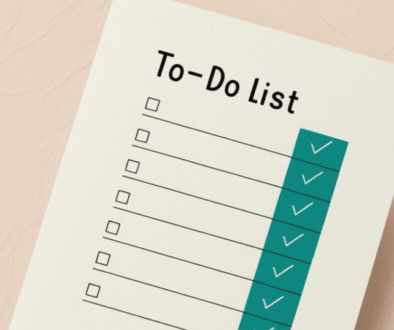Overstimulated as an Introvert? How to Balance Work, Life, and Rest
Understanding the toll of constant stimulation and simple ways to recharge.
Being an introvert often feels like you have a hidden battery that depletes faster in certain situations, and modern life seems designed to drain it even faster.
Working from home, you’d think I’d have a better handle on overstimulation. After all, I don’t work in a noisy office with busy coworkers. However, my mind is constantly racing from virtual meetings, managing a team, working on personal development projects, and staying connected with loved ones.
By the end of the week, I often feel physically exhausted. My mind, which is continuously on, needs a moment to switch off—but how often do we allow ourselves to do so? It might be difficult to slow down while juggling commitments and side projects, such as this blog. However, learning to pause is not a luxury for introverts; it is a necessity.
Why Overstimulation Is More Common among Introverts
This is supported by science, so it’s not just your imagination. Compared to extroverts, introverts react differently to stimuli. According to research by psychologists such as Dr. Laurie Helgoe, author of Introvert Power, introverts’ brains are more responsive to dopamine, a neurotransmitter linked to excitement and rewards from outside sources. While extroverts might thrive on a busy environment, introverts can quickly feel overwhelmed by too much activity.
Multitasking, virtual meetings, the pressure to constantly “do more” are all part of modern life, and it’s no surprise that so many of us feel worn-out by Friday.
Being a manager or in a leadership position can also intensify this. Maintaining leadership, guiding others, and resolving issues often calls for emotional energy, which can be very taxing for introverts. Additionally, when you combine work responsibilities with personal ambitions, such as job progression, studying, or side hustles, the mental balancing can feel relentless.

Recognising Excessive Stimulation
Overstimulation is not always clear to introverts. You may not notice it until it manifests physically.
- Mental fatigue: Difficulty concentrating or staying motivated.
- Emotional irritability: Feeling unusually sensitive or frustrated.
- Physical symptoms: Headaches, tension, or a heavy feeling in your body.
These are signs that your mind is craving stillness, and ignoring them can lead to burnout.
The Value of Doing Nothing
One thing I’ve learned is the importance of allowing myself to simply be. Taking a moment to do nothing—no phone, no tasks, no pressure—creates space for thoughts to happen naturally. Acknowledging how I’m feeling helps me reconnect with the present instead of constantly worrying about what’s next.
Reflection doesn’t have to be a long, drawn-out task either. It can be as simple as spending five minutes with your journal or sitting in quiet reflection before bed. The goal isn’t to accomplish anything, it’s to just let your mind settle.

Practical Ways to Recharge
If you’re feeling overstimulated, here are a few strategies that have worked for me:
Schedule quiet moments.
Block off time in your day, even 10 minutes, to sit quietly or engage in something soothing like reading, meditating, or simply closing your eyes.Engage in a low-pressure hobby.
For me, that’s painting. It doesn’t require much mental effort but gives me a sense of accomplishment and creativity. Choose something you enjoy that doesn’t feel like a chore.Set boundaries with stimulation.
If meetings are draining, try to space them out or request no-meeting afternoons if your workplace allows it.End the day with a wind-down ritual.
Whether it’s a cup of tea, writing down your thoughts, or just sitting in silence, creating a ritual signals to your brain that it’s time to switch off.Prioritise what truly matters.
Juggling work, side projects, and personal life is thrilling but exhausting. Reflect on what’s most important and focus your energy there.
The Bigger Picture
Living in a world that encourages continual connection can be difficult for introverts. However, by recognising signs of overstimulation and prioritising time to rest, you can protect your energy and find balance.
Making time for yourself isn’t selfish. When you give your mind time to rest and recharge, you return to life more focused, creative, and ready to face whatever comes next.
So, whether it’s doing nothing, enjoying a hobby, or spending a quiet evening in your favourite spot, allow yourself to pause. Trust me, your overworked brain will appreciate you.

